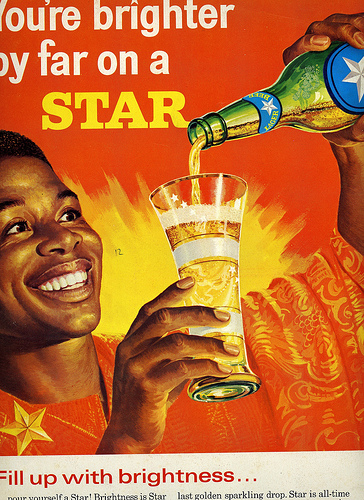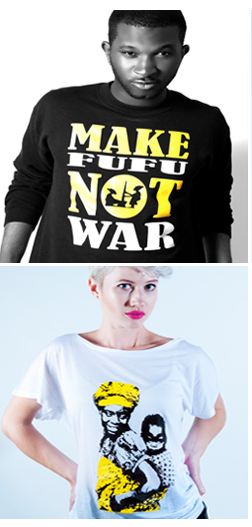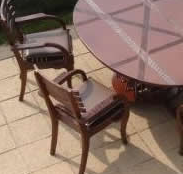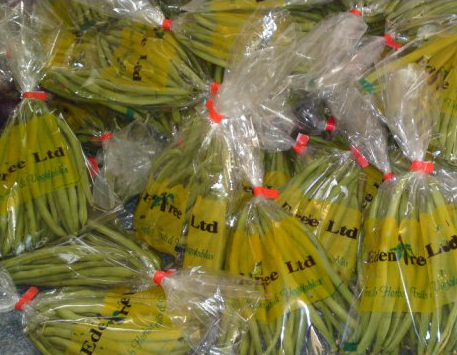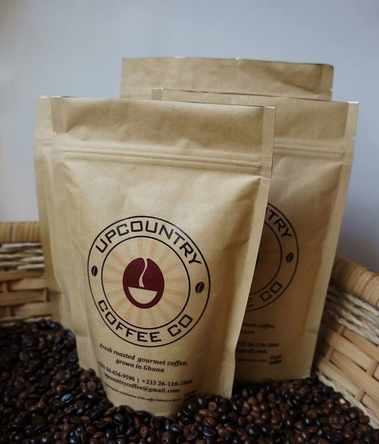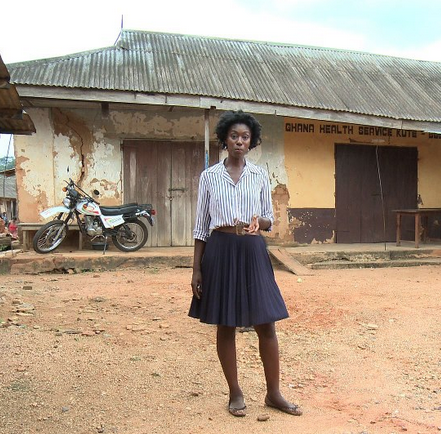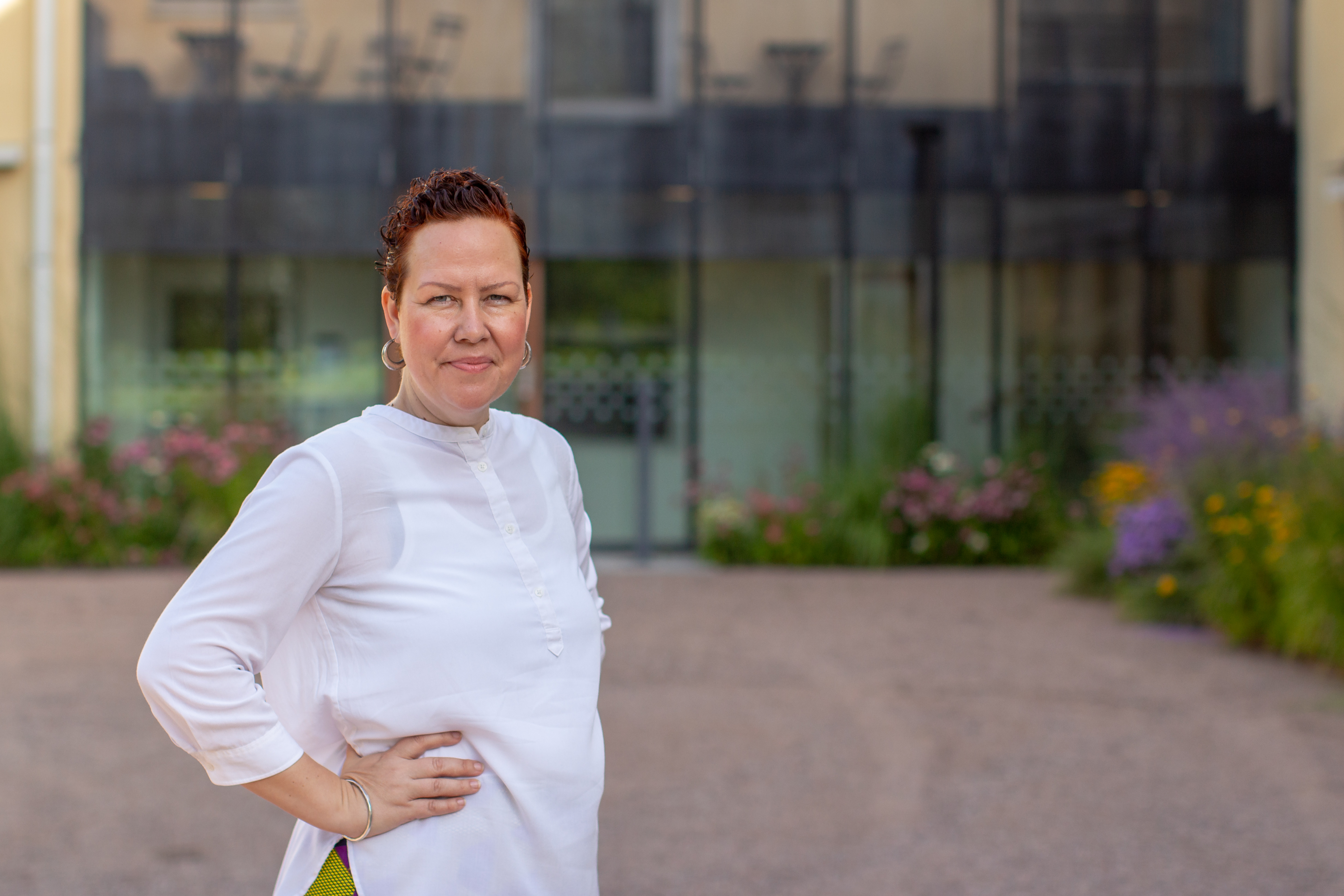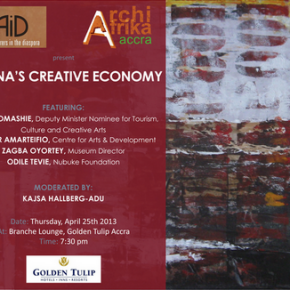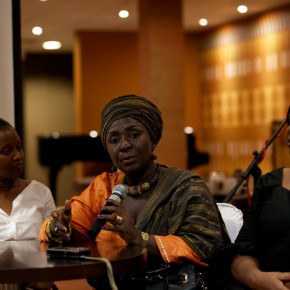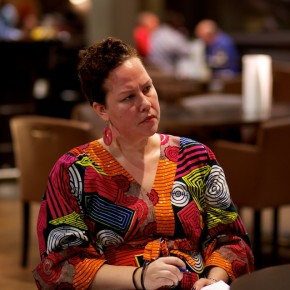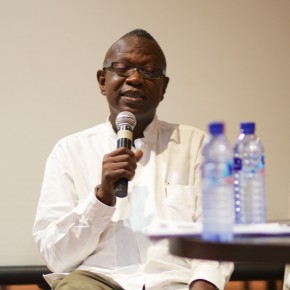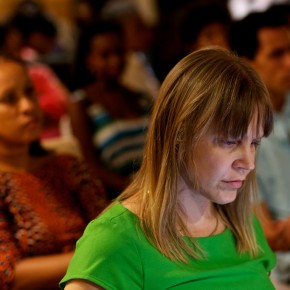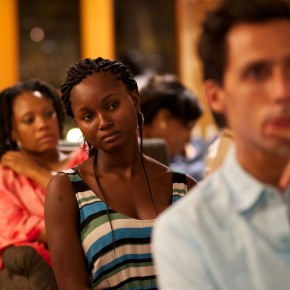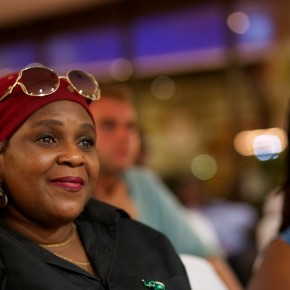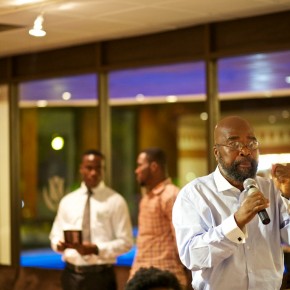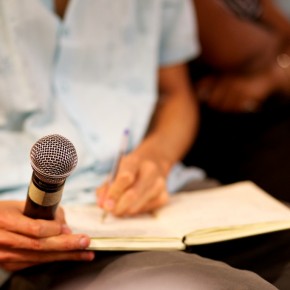Here are three upcoming interesting events that I thought you should know about:
1. Thu 24 Feb Adventures in the Diaspora
2. Fri 25 Feb Talk Parti organized by Accra[DOT]ALT
3. Sat 26 Feb Ghana Planetarium Event
See details below!
Psst. I hope you have also heard about the Asabaako Music Festival, taking place on the Independence weekend on the beautiful Busua beach!
1. Thu 24 Feb 2011, Adventures in the Diaspora 7.30 pm at the Golden Tulip
Kindly join us for the 5th Adventurers in the Diaspora Series, with Seth Dei.
‘creativity and patronage’.
As with most parts of the world, our creative fields are under siege due to the lack of proper support on all levels. In Ghana, we are beginning to see the onset of a creative environment driven a new kind of patron class, who see creativity as part of a civic and cultural responsibility. Mr. Seth Dei, a true adventurer epitomises this blend of entrepreneurship and the arts. he is partner at Blue Skies Industry, a pre-eminent agro-business based in several countries around the world, and is a dedicated art collector and financier of indigenous high -tech initiatives. his important work in the agriculture sector since 1992 has embodied corporate social responsibility, stimulating and sustaining numerous initiatives that have had ripple effects within and outside the agricultural industry.
As Ghana’s largest collector of contemporary art, his Dei Centre has become a home to art exhibitions and creative activities, as well as an incubator for numerous projects involving young professionals such as Cubicle Blu. Mr. Dei’s work has stimulated artists, students, young professionals to see themselves as ’cultural entrepeneurs’
with responsibilities to grow and publicise their ideas and thoughts. It is this democratic exchange of support and ideas that have propelled creative impulses into Ghana’s development agenda and generated innovative and context-sensitive ways of doing things. His insights on the role of creativity in his endeavours is inspirational and a model that needs to be shared.
We hope you will share the evening with us. See attached invite.
Food and Drinks will be provided by Golden Tulip and our main sponsor ATLANTIC GROUP.
For more information on and live streaming of AiD 5 and past events see our blog http://adventurersinthediaspora.visualsociety.com/
For questions, contact joe@constructsllc.com
2. Fri 25 Feb Talk Parti organized by ACCRA[dot]Alt, 6.30pm, Passions bar, Osu (not far from Country Kitchen)
See this page for more info: www.facebook.com/ACCRAdotAlt
3. Sat 26 Feb Planetarium Event
When: SATURDAY 26th FEBRUARY 2011, 3pm – please note the earlier start time
Where: The Ghana Planetarium
Theme: Comets!
Featuring:
3pm – Children’s activities
5pm – Activities for all – Night Sky presentation, astronomy videos/presentation on comets, Planetarium show and telescope viewing / “Globe at Night” constellation observation (weather permitting). For full details of the “Globe at Night” citizen science project which anyone can take part in, see http://www.globeatnight.org/
Charge: Adult – GHc 5 / Student – GHc 3 / Child – GHc 2
Please come along and join us, and tell all your friends, family and colleagues!
Directions to the Planetarium:
The GHANA PLANETARIUM is on OSU AVENUE EXTENSION. That is the road behind Police HQ, and also behind Christ the King.
From Christ the King church/school, take the first turn on your right after passing Christ the King on your right. The turn is signposted for Quality Distance Learning (QDL). Take another right where you see another sign for QDL. The road bends round to the left and the Planetarium is on your left, in the same compound as Quality Distance Learning and Office Automation Systems.
Or, from Danquah circle, head towards Kwame Nkrumah Circle on the Ring Road until you get to Police HQ. Take the slip road that is next to Police HQ, and take the right turn that is halfway up the slip road (ie you don’t go all the way up the slip road to the mini roundabout).
This road is Osu Avenue Extension. Pass Cinderella’s Night Club, then you will find the Planetarium in the same compound as Quality Distance Learning and Office Automation Systems. There is a large sign on the wall.
Just look for the giraffes!
